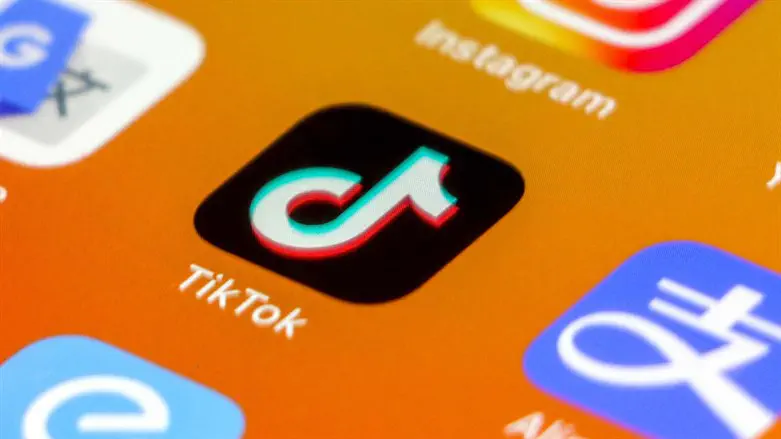
The US House of Representatives on Saturday passed legislation that would ban TikTok in the United States if the popular social media platform's China-based owner doesn't sell its stake within a year, The Associated Press reported.
The decision by House Republicans to include TikTok as part of a larger foreign aid package, a priority for President Joe Biden with broad congressional support for Ukraine and Israel, fast-tracked the ban after an earlier version had stalled in the Senate.
A standalone bill with a six-month selling deadline passed the House in March by an overwhelming bipartisan vote as both Democrats and Republicans voiced national security concerns about the app's owner, the Chinese technology firm ByteDance Ltd.
The modified measure now goes to the Senate after negotiations that produced a compromise.
Even if the legislation becomes law, though, the company would have up to a year to find a buyer and would likely try to challenge the law in court, arguing it would deprive the app's millions of users of their First Amendment rights.
The company lobbied hard against the legislation, pushing the app's 170 million US users -- many of whom are young -- to call Congress and voice opposition.
Last February, the White House gave government agencies 30 days to ensure they do not have TikTok on federal devices and systems.
In addition, several states and cities have restricted TikTok on government devices, including the state of Montana, which passed a bill banning the app across the state, and New York City, which banned TikTok on government-owned devices in August of 2023, citing security concerns.
After the House passed the previous bill in March, former US Treasury Secretary Steven Mnuchin said he is assembling a team of investors to make a bid to buy TikTok
“It’s a great business and I’m going to put together a group to buy TikTok,” Mnuchin was quoted as having said in an interview on CNBC. Even though TikTok is likely unprofitable, “it’s worth a lot of money,” he added.

